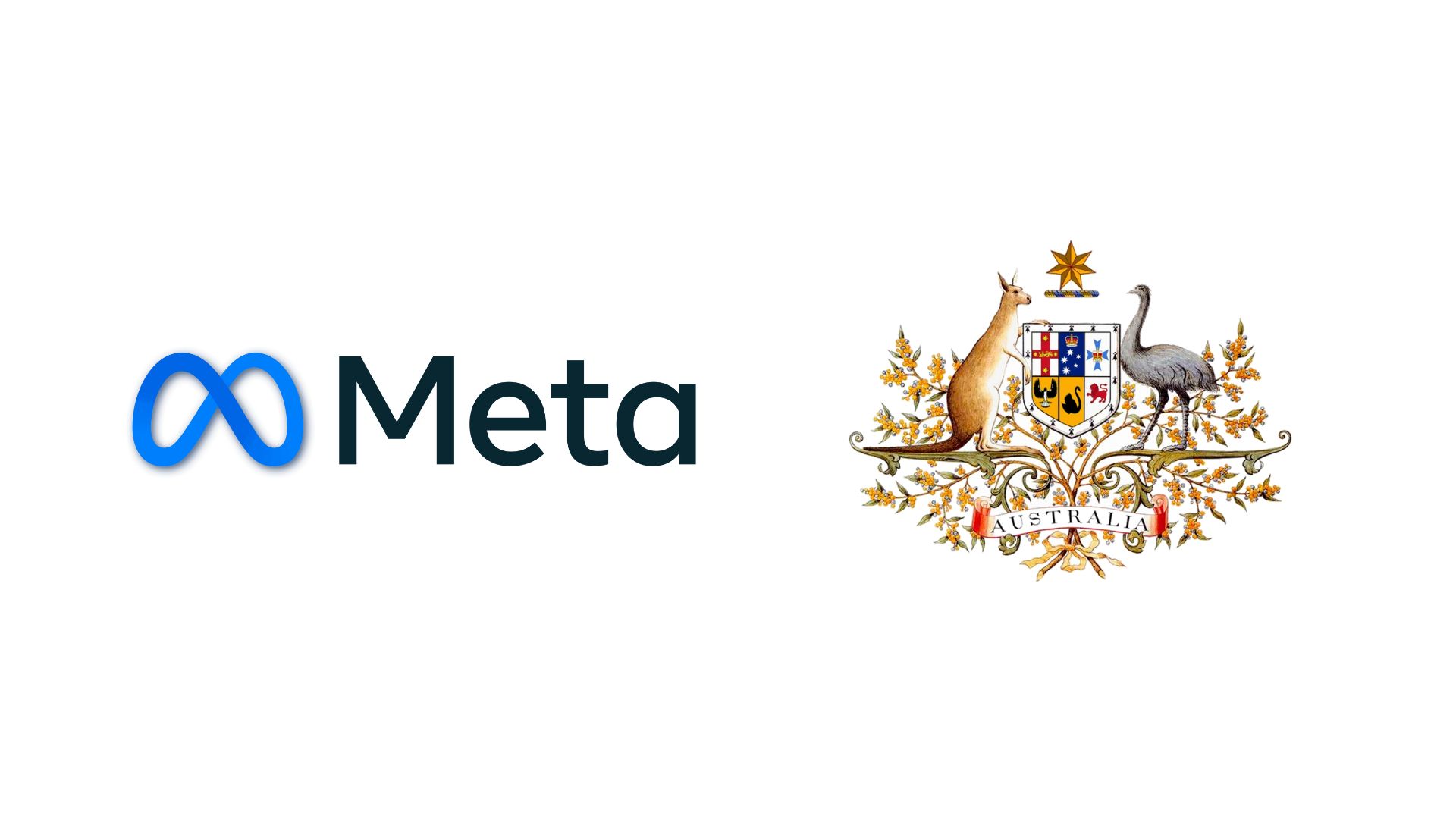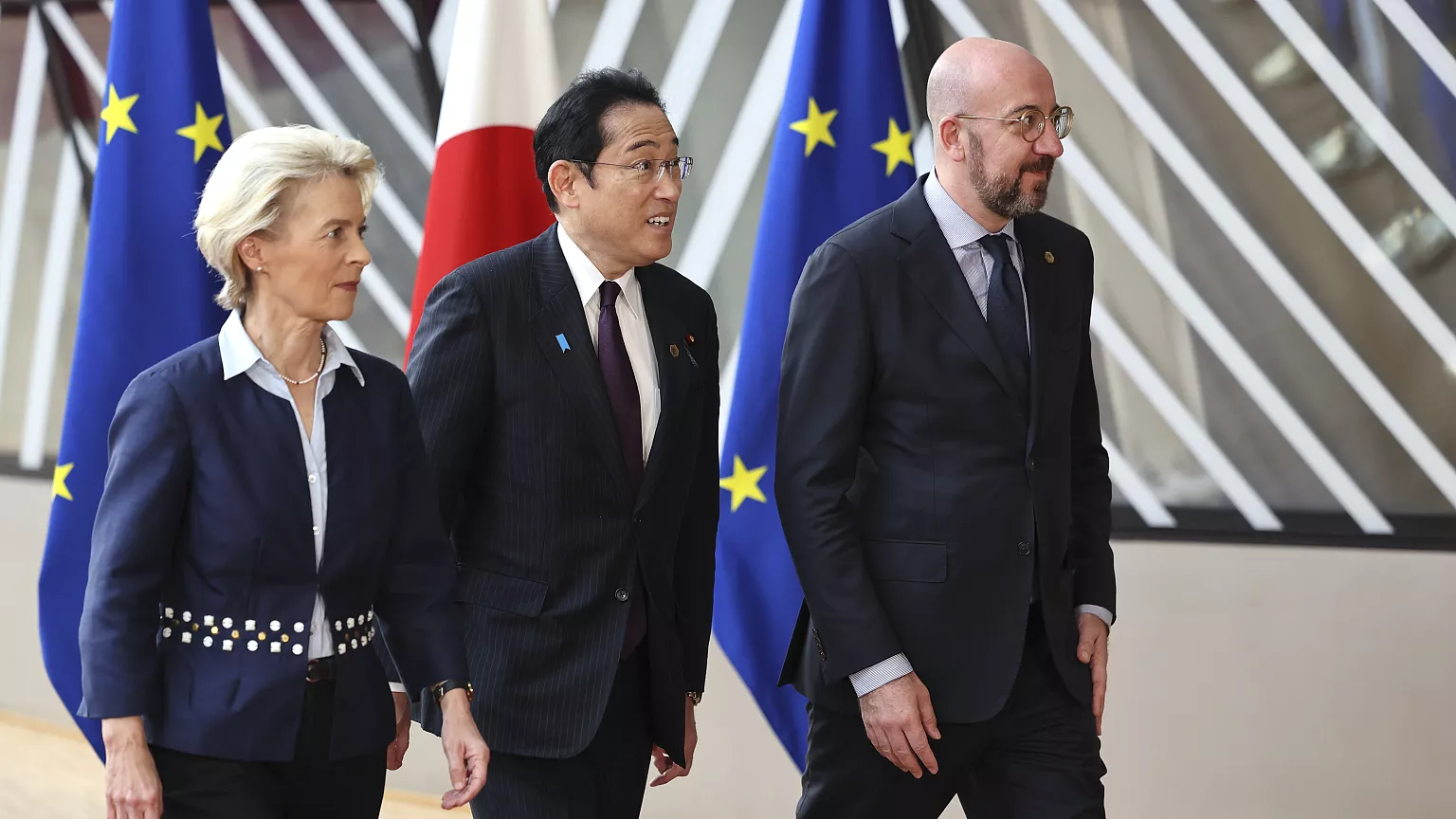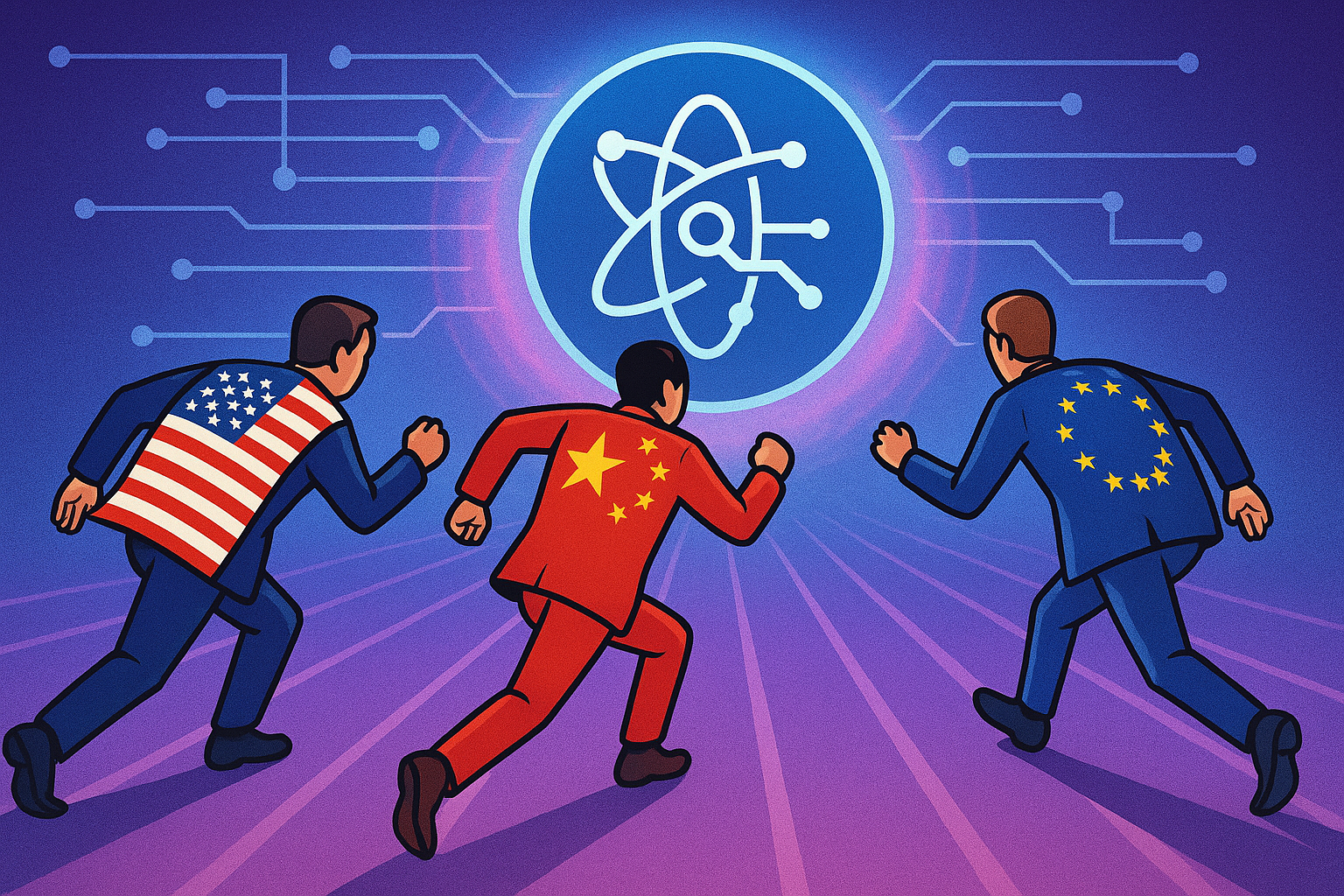Data centres are driving a sharp rise in electricity consumption, putting mounting pressure on power infrastructure that is already struggling to keep pace.
The rapid expansion of AI has led technology companies to invest heavily in AI-ready infrastructure, but the energy demands of these systems are outstripping available grid capacity.
The International Energy Agency projects that electricity use by data centres will more than double globally by 2030, reaching levels equivalent to the current consumption of Japan.
In the United States, they are expected to use 580 TWh annually by 2028—about 12% of national consumption. AI-specific data centres will be responsible for much of this increase.
Despite this growth, clean energy deployment is lagging. Around two terawatts of projects remain stuck in interconnection queues, delaying the shift to sustainable power. The result is a paradox: firms pursuing carbon-free goals by 2035 now rely on gas and nuclear to power their expanding AI operations.
In response, tech companies and utilities are adopting short-term strategies to relieve grid pressure. Microsoft and Amazon are sourcing energy from nuclear plants, while Meta will rely on new gas-fired generation.
Data centre developers like CloudBurst are securing dedicated fuel supplies to ensure local power generation, bypassing grid limitations. Some utilities are introducing technologies to speed up grid upgrades, such as AI-driven efficiency tools and contracts that encourage flexible demand.
Behind-the-meter solutions—like microgrids, batteries and fuel cells—are also gaining traction. AEP’s 1-GW deal with Bloom Energy would mark the US’s largest fuel cell deployment.
Meanwhile, longer-term efforts aim to scale up nuclear, geothermal and even fusion energy. Google has partnered with Commonwealth Fusion Systems to source power by the early 2030s, while Fervo Energy is advancing geothermal projects.
National Grid and other providers invest in modern transmission technologies to support clean generation. Cooling technology for data centre chips is another area of focus. Programmes like ARPA-E’s COOLERCHIPS are exploring ways to reduce energy intensity.
At the same time, outdated regulatory processes are slowing progress. Developers face unclear connection timelines and steep fees, sometimes pushing them toward off-grid alternatives.
The path forward will depend on how quickly industry and regulators can align. Without faster deployment of clean power and regulatory reform, the systems designed to power AI could become the bottleneck that stalls its growth.
Would you like to learn more about AI, tech and digital diplomacy? If so, ask our Diplo chatbot!










